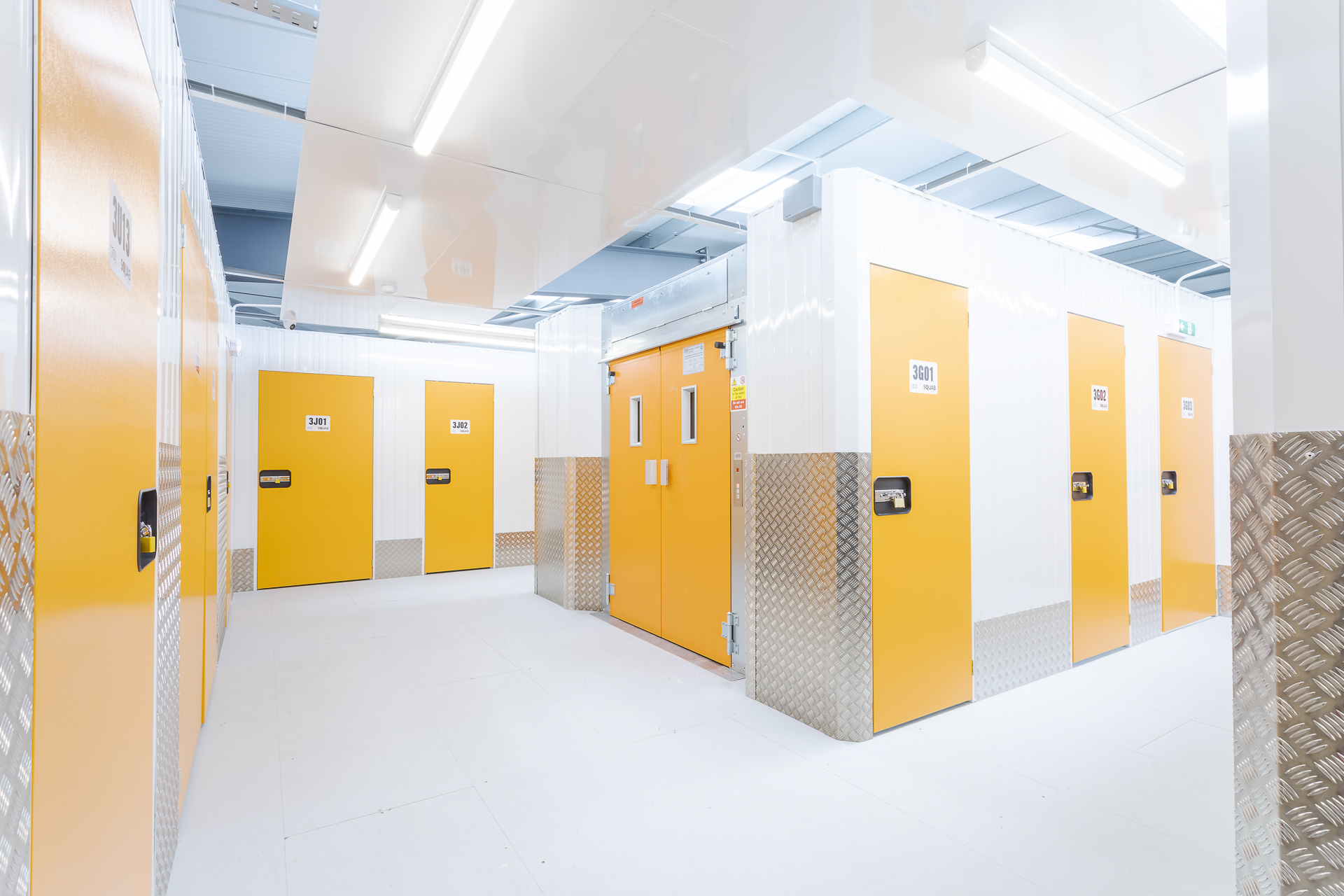Self storage can be a lifesaver when you need extra space, whether moving, downsizing, or simply decluttering your home. However, using a storage unit effectively requires some knowledge and planning. To help you make the most of your storage, here are some key do’s and don’ts to keep in mind.
Do: Choose the Right Size Storage Unit
One of the first decisions you’ll need to make is selecting the appropriate size for your storage unit. Assess your storage needs by making an inventory of the items you plan to store. This will help you determine how much space you’ll require. Here at Squab, we offer units in a range of sizes, from small lockers to large garage sized spaces.
Choosing the right size unit is crucial. A unit that’s too small may force you to cram items in, increasing the risk of damage. On the other hand, renting a unit that’s too large means paying for space you don’t need. Ask the storage facility for advice if you’re unsure; they can often recommend a suitable unit based on your list of items.
You can also check out our space calculator to work out how much space you need.
Don’t: Forget to Label Your Boxes
Labelling your boxes may seem like an extra step, but it’s one that will save you a lot of time and hassle down the line. When it comes time to retrieve items from your storage unit, knowing exactly where to find what you need will be a huge advantage. Clearly label each box with its contents and the room it belongs to, and consider using a spreadsheet for even easier identification.
This simple step not only helps you stay organised but also minimises the time you spend searching for specific items. It can also prevent accidental damage to delicate or fragile items by ensuring they are handled with care.
In addition to a spreadsheet, consider taking photos of your items before storing them. This visual record can be particularly useful for insurance purposes, should anything happen to your belongings.
Do: Pack Your Items Properly
Proper packing is essential for protecting your belongings while they’re in storage. Invest in high quality packing materials, including sturdy boxes, bubble wrap, packing paper, and heavy duty tape – you can find what you need in our box shop. These materials will help prevent damage from impacts, moisture, or dust.
For delicate items, use bubble wrap or foam padding to provide extra cushioning. Stack heavier boxes at the bottom and lighter ones on top to avoid crushing anything. If you’re storing large furniture items, disassemble them if possible to save space and reduce the risk of damage. Be sure to cover furniture with sheets or covers to protect against dust and scratches.
Don’t: Store Perishable or Hazardous Items
While self storage units are versatile, they’re not meant for storing everything. Perishable items, such as food, should never be stored in a unit. They can attract pests and cause unpleasant odours, leading to damage to your other belongings and potential issues for neighbouring units.
Similarly, hazardous materials like gasoline, propane, chemicals, or flammable liquids are prohibited in storage units. These substances pose significant safety risks, including fire hazards and environmental damage. Always check with the storage facility about what can and cannot be stored to avoid any legal or safety issues.
Do: Utilise Vertical Space
Maximising your storage space is key to making the most of your unit. One effective way to do this is by utilising vertical space. Shelving units can be an excellent addition to your storage unit, allowing you to stack items safely and keep frequently used items easily accessible.
When stacking boxes, place the heavier, sturdier ones on the bottom and lighter, more fragile boxes on top. Ensure there is a clear path within the unit so you can easily access items in the back without needing to move everything around. This organisation will help you keep your unit tidy and make retrievals quick and easy.
Don’t: Neglect Climate Control for Sensitive Items
Certain items require more than just basic protection; they need specific environmental conditions to stay in good shape. If you’re storing items that are sensitive to temperature or humidity, such as electronics, wooden furniture, musical instruments, or important documents, consider renting a climate controlled unit like the ones we provide here at Squab.
These units maintain a consistent temperature and humidity level, protecting your belongings from extreme temperatures, moisture, and mildew. Although climate controlled units tend to be more expensive, they offer peace of mind that your valuable items won’t be damaged by environmental factors.
Don’t: Overpack Your Storage Unit
While it’s tempting to fill every inch of your storage unit to maximise the space, overpacking can lead to problems. An overpacked unit can become difficult to navigate, making it hard to access items stored in the back. It also increases the risk of items becoming damaged due to improper stacking or insufficient ventilation.
Instead, leave some space between your boxes and the walls of the unit to allow you to reach all areas without having to unpack everything.
Get The Most From Your Storage
Self storage is a convenient solution for managing excess belongings, but it requires thoughtful planning to ensure the safety and longevity of your items. By following these do’s and don’ts, you’ll be well prepared to make the most of your storage experience, keeping your belongings safe, organised, and ready for when you need them again.
Whether you’re storing for a few months or several years, these tips will help you avoid common pitfalls and ensure your items are well cared for.





